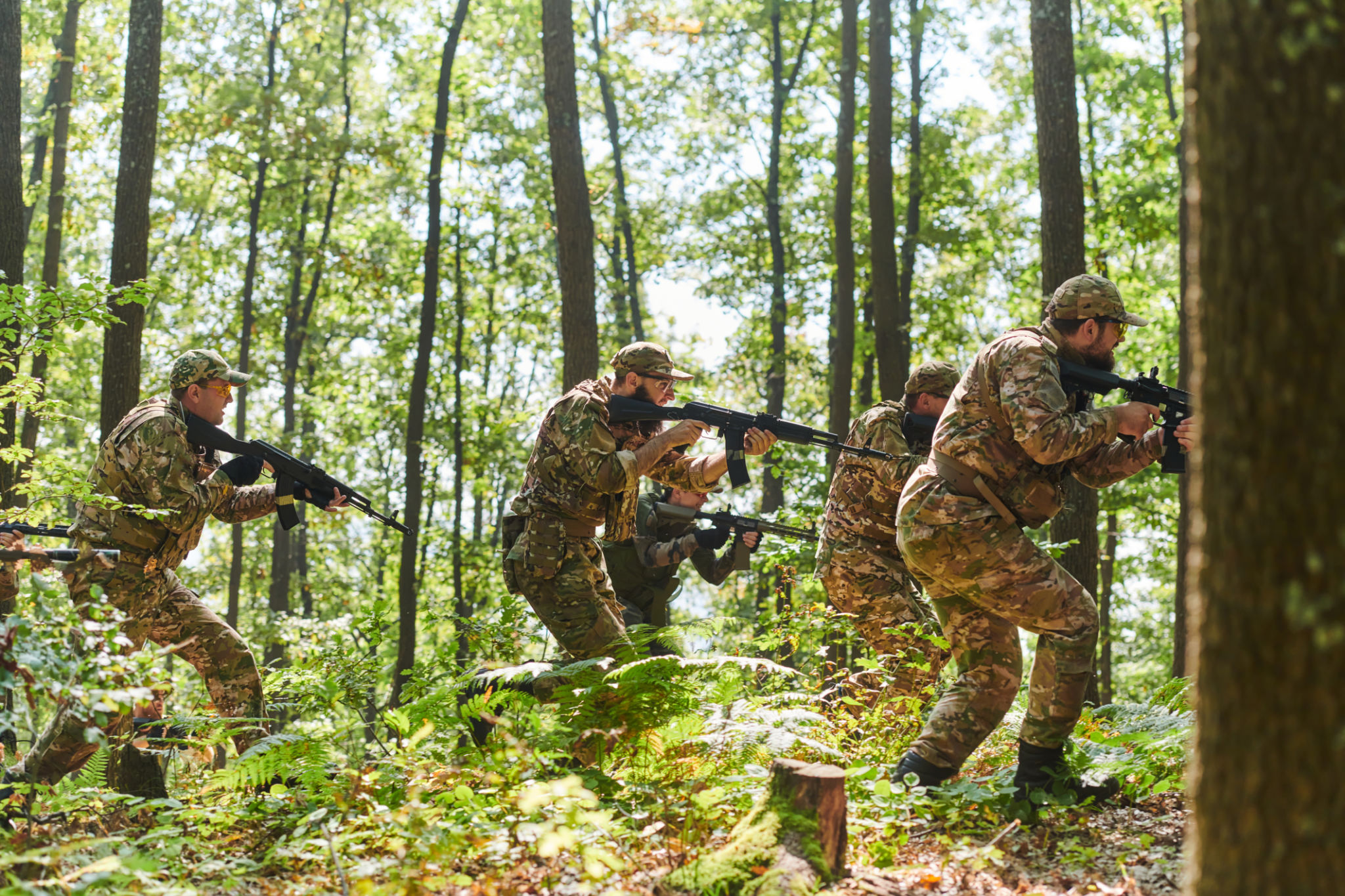Expert Tips on Stress Management for Veterans
Understanding Stress in Veterans
For many veterans, transitioning from military to civilian life can be a challenging experience. The change in environment and lifestyle may lead to stress that can affect their mental and physical health. Recognizing the unique stressors that veterans face is the first step toward effective stress management.
Veterans often encounter stress due to various factors such as adjusting to a new routine, finding employment, or dealing with physical injuries sustained during service. Understanding these stressors can help in developing strategies to manage them effectively.

The Importance of Routine
One of the most effective ways to manage stress is by establishing a daily routine. A structured schedule can provide a sense of purpose and stability, which are essential for reducing anxiety. Veterans should focus on creating a balanced routine that includes time for work, leisure, and self-care.
Implementing a consistent daily schedule can help veterans regain control over their lives and reduce feelings of uncertainty. It is important to include activities that promote relaxation and well-being, such as exercise, meditation, or hobbies.
Physical Activity as a Stress Reliever
Engaging in regular physical activity is a powerful tool for managing stress. Exercise releases endorphins, which are natural mood lifters, and can significantly improve mental well-being. Veterans should consider incorporating physical activities they enjoy into their routine.
- Jogging or walking
- Yoga or tai chi
- Strength training
- Team sports

The Power of Mindfulness and Meditation
Mindfulness and meditation practices can be highly beneficial for veterans dealing with stress. These techniques encourage focusing on the present moment, which can help reduce anxiety and improve emotional regulation.
Practicing mindfulness does not require much time and can be done anywhere. Simple techniques such as deep breathing exercises or guided meditations can have a profound impact on stress levels.
Seeking Support from Peers
For veterans, connecting with others who have similar experiences can provide immense support. Peer groups or support networks offer a safe space to share challenges and solutions, fostering a sense of community and understanding.

Joining veteran organizations or attending group therapy sessions are excellent ways for veterans to find camaraderie and encouragement from those who understand their journey.
Professional Help: When to Seek It
Sometimes, managing stress requires professional assistance. Veterans should not hesitate to reach out for help when needed. Therapists and counselors specialized in veteran affairs can offer guidance and support tailored to their unique experiences.
- Cognitive-behavioral therapy (CBT)
- Post-traumatic stress disorder (PTSD) treatment
- Medication management
Seeking professional help is a sign of strength and can be crucial in overcoming significant stress-related challenges.
Conclusion: Building Resilience
Stress management is an ongoing process that requires patience and persistence. By integrating these expert tips into daily life, veterans can build resilience and lead fulfilling lives post-service. It's important to remember that help is available and seeking it can make a significant difference in managing stress effectively.
